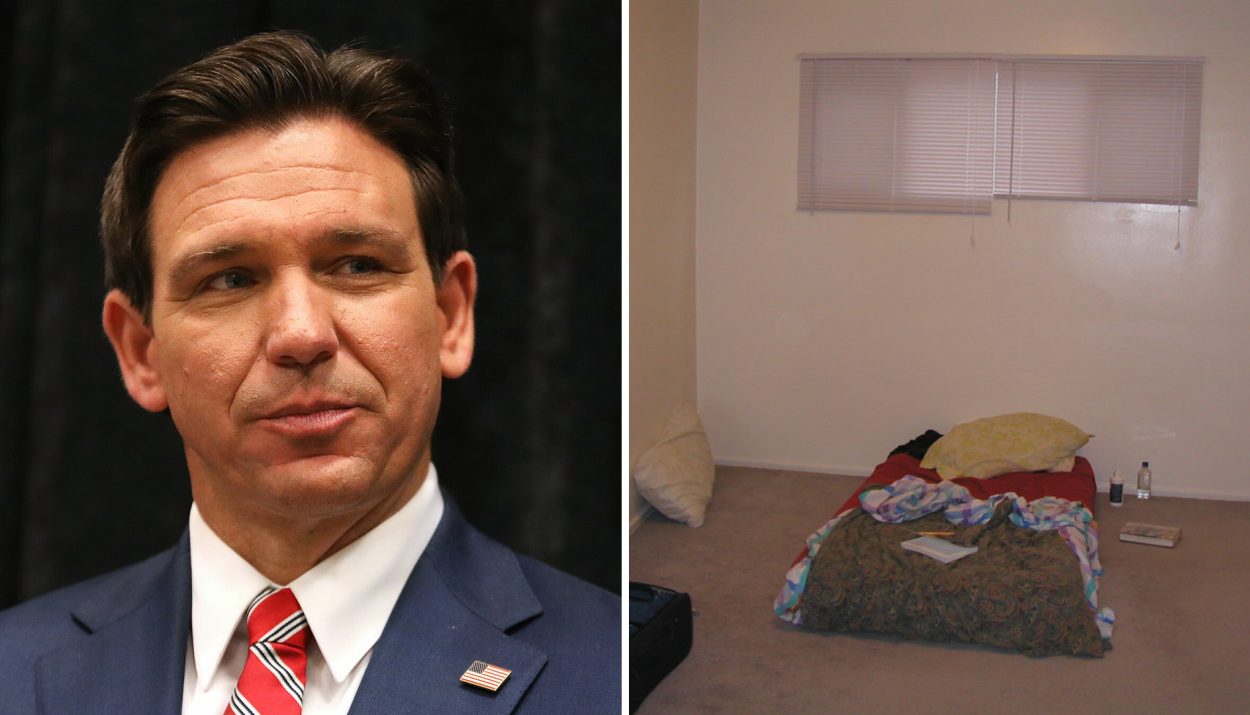The state of Florida unanimously passed a bill that brings a new approach to dealing with squatting. This law allows for police to immediately evict squatters, bypassing the often lengthy and complicated court proceedings that are normally required. This marks a significant change in the way that squatting cases are dealt with, with the aim being to provide prompt resolutions for property owners facing these issues.
Streamlining The Eviction Process
This new law gives police the opportunity to rid the property of squatters that do not have a proper lease from the owner of the property.
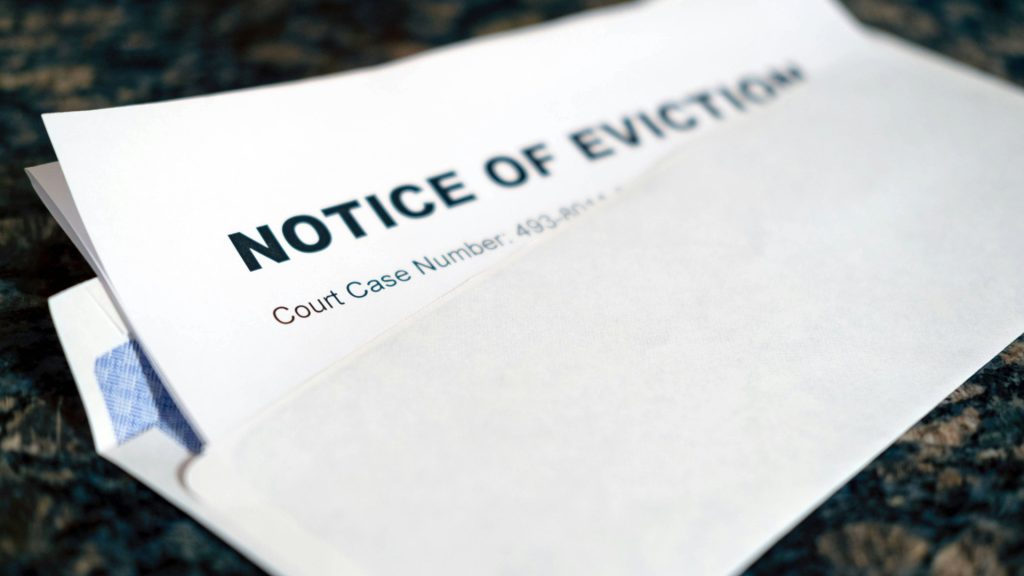
This provision streamlines the evictions process for landlords, who previously had to endure a lengthy and expensive legal process in efforts to regain possession of their properties from squatters.
Property Owners React Favorably
Florida property owners, like Patti Peeples who went through squatting firsthand, have conveyed their relief and optimism after the bill was passed.
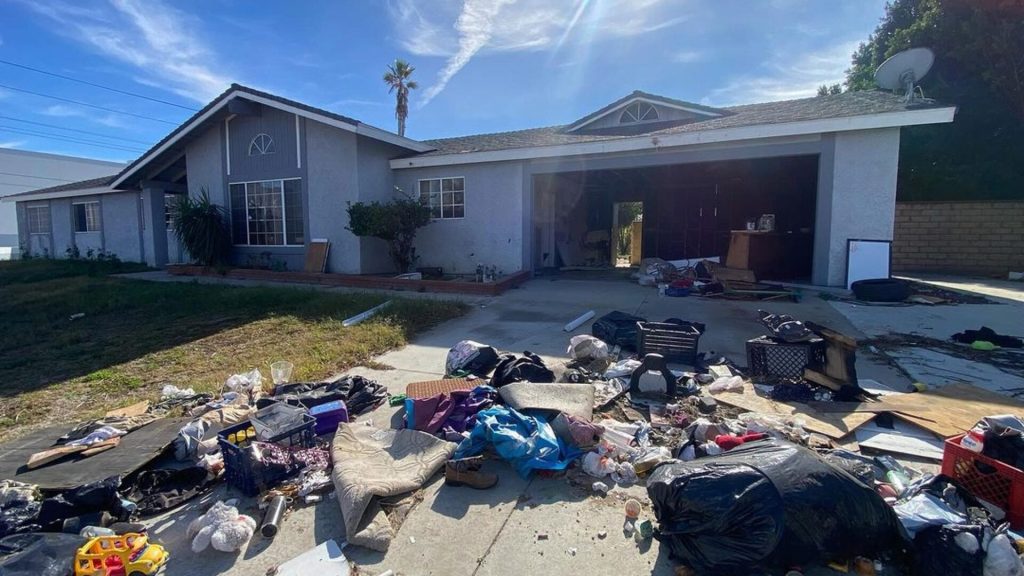
Peeples told News4Jax, “It gives me a real feeling of positive hope that we still have the ability to discuss challenges in our society and work with our legislatures in a bipartisan way.”
The Truth About Squatting For Property Owners
The issue of squatting was brought to attention through people sharing their personal stories with legislators, including a compelling account by Peeples.
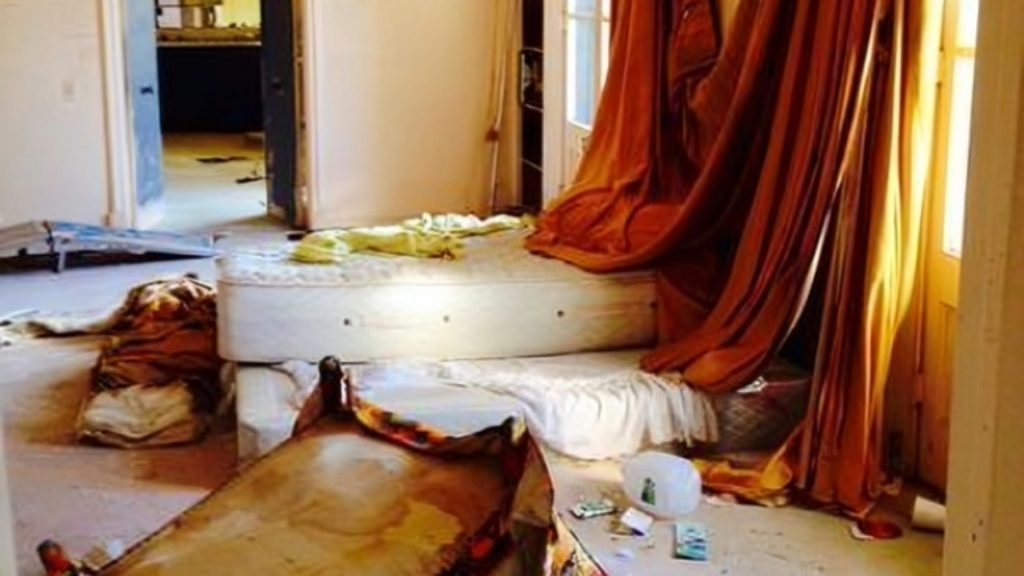
She describes to the state Senate Criminal Justice Committee how squatters had seized her home, highlighting the immediate impact of squatting on the owners of the properties and the need for legal taken over her home, illustrating the direct impact of squatting on property owners and the immidiate need for legal reforms.
Issues Raised By Advocacy Groups
Initially advocacy groups,such as Florida Rising, indicated the concern for the law being misused against real tenants.

However, after amendments aimed at safeguarding legal tenants, the group took a neutral position on the bill. These changes show the legislative effort to balance protecting the rights of legitimate tenancy.
Dealing With Fake Leases
One of the obstacles in tackling squatting issues has been the use of fake leases by squatters.

This strategy has been utilized to obtain rights to properties illegally, only adding further complications to the eviction processes for property owners. The new legislation directly confronts the issue by allowing police intervention without a lease that was authorized by the property owner.
Bill Pending Governor’s Approval
The bill has passed both chambers of the Florida Legislature, and is now just waiting for Governor Ron DeSantis to sign it into law.

This would expedite the process of removing squatters but also giver recourse for tenants who were evicted illegally, including giving them the opportunity to sue for access, attorney cost and damages.
The Financial And Emotional Impact Squatting
The case of Patti Peeples showcases the financial and emotional impact that property owners go through.
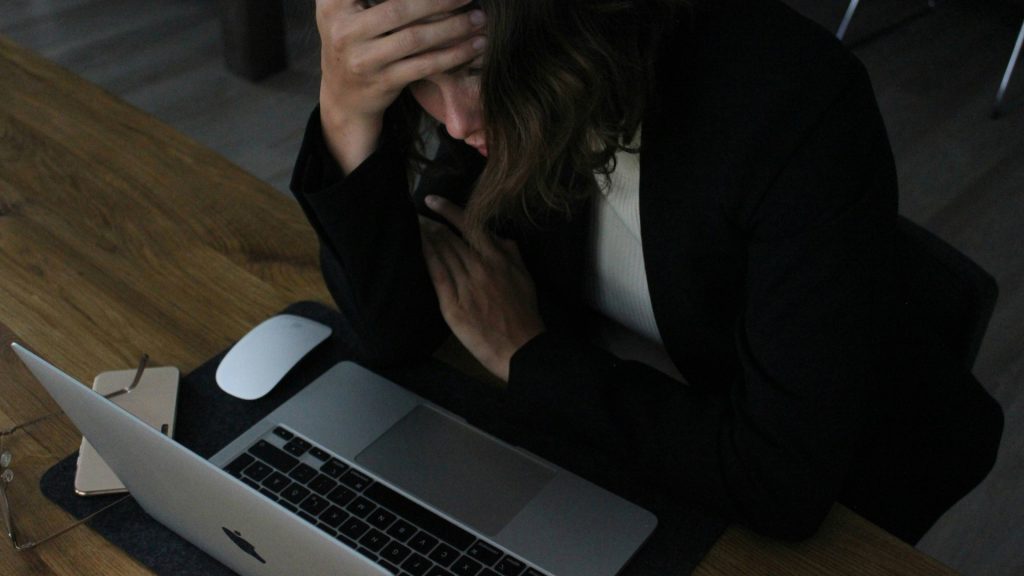
Following weeks of legal disputes to remove squatters who alleged to be victims of a rental scam, Peeples found her home in a state of significant despair, and ended in thousands of dollars in loss.
Enhancing Legal Consequences
According to the proposed law, presenting a false lease can be considered a misdemeanor offense, and leasing or selling a property owned by someone else can be classified as a felony.

In addition to this, causing property damage that exceeds more than $1,000 could result in felony charges, considerably raising the consequences for squatting and other similar offenses.
Psychological Impact On Property Owners
Peeples recounted to Fox News the array of emotions she experienced as a result of the squatting incident, this includes “intense anger,” a feeling of defeat, and feeling betrayed by both the legal and police systems.
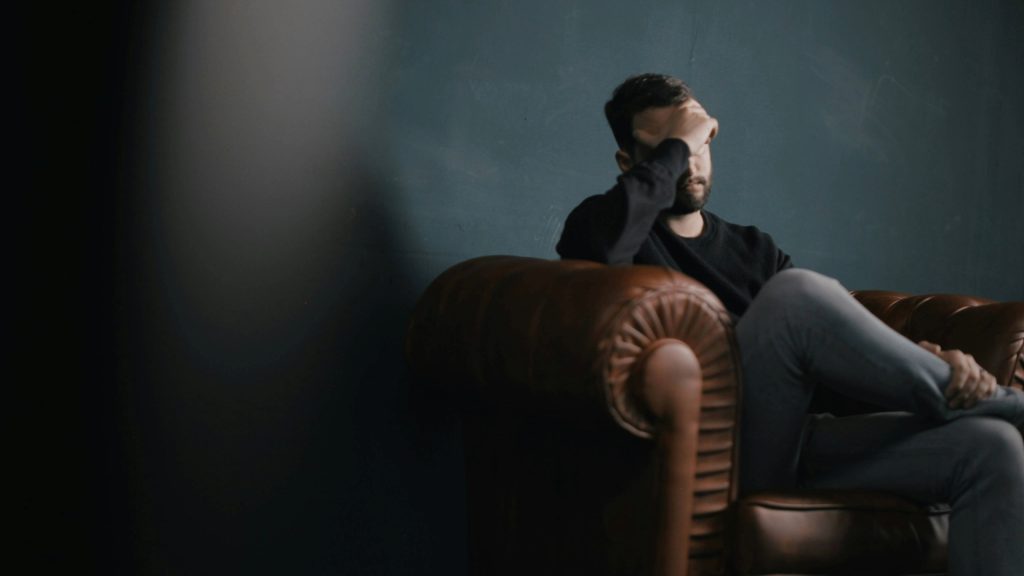
Her testimony offers a firsthand view on the anguish that property owners can experience while dealing with squatters on their properties.
A Need For Stricter Squatting Laws
Flash Shelton, characterized as a handyman-turned-squatter hunter, has campaigned for more strict squatting laws, citing a situation in Atlanta where around 1,200 homes are reported to have been taken over by squatters.
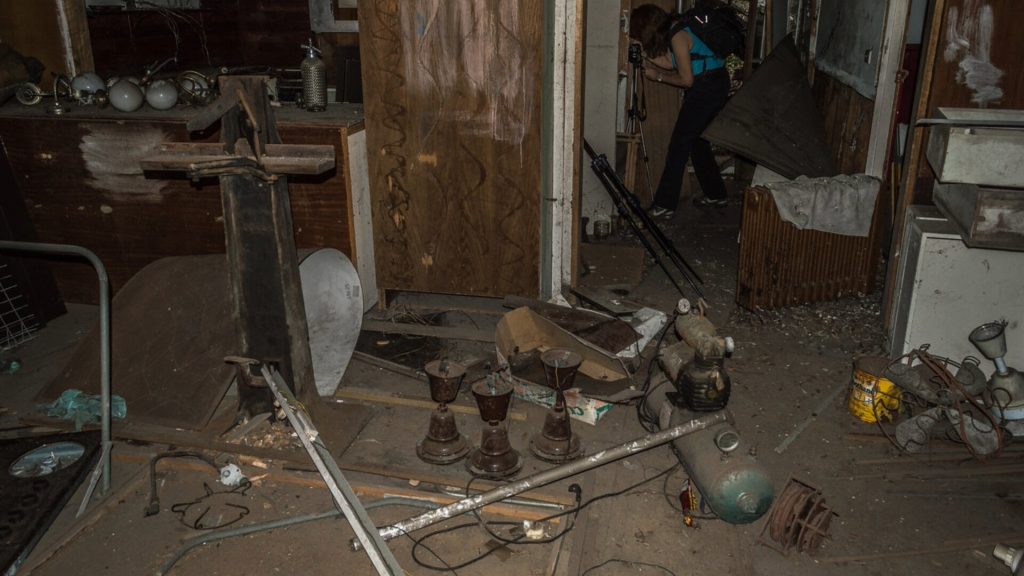
Shelton proposes that imposing stricter punishments for squatting could help aid with facilitating the clearance of squatters on properties.
Potential Effects Of The Legislation
The unanimous approval of the anti-squatting bill by the Florida Legislature signifies the possible shift in the state’s approach to dealing with squatting.

By simplifying the eviction process and bringing in harsher punishments for squatting and other similar offenses, the law aims to protect property owners and expedite the restoration of their rights quicker and more effectively.

